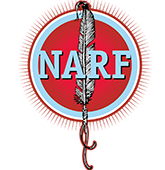Northern California Tribe and Humboldt County settle lawsuit over extended foster care
After a two-year legal battle, the Bear River Band of Rohnerville Rancheria and one of its tribal citizens, former foster youth Madison Fisher, have settled a lawsuit with state and county officials that will improve young adults’ access to financial help and housing. Read the full story at The Imprint.
